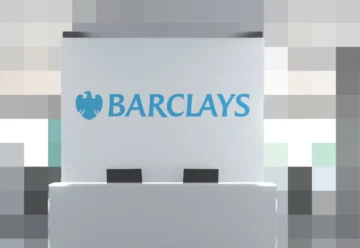Tokenized Real Estate Market Could Reach $4 Trillion by 2035

Tokenization of real estate is expected to become one of the main drivers of financial sector transformation over the next decade. The tokenized real estate market has the potential to grow to $4 trillion by 2035.
According to the latest research by Deloitte Center for Financial Services, the market size for tokenized real estate in 2024 stood at approximately $300 billion. However, over the next ten years, it could increase by more than 1,200%.
Deloitte analysts believe that tokenization technology could fundamentally change investment models, enhance accessibility to the real estate market, and increase its global liquidity. The report highlights that tokenization allows large real estate assets to be divided into smaller digital shares, making it easier for both private and institutional investors to access previously inaccessible market segments. As a result, transaction costs are reduced, deal processes are accelerated, and overall market transparency increases.
Key drivers of market growth identified by analysts include:
- accessibility for new investors due to the ability to invest smaller amounts;
- increased deal efficiency through the use of smart contracts;
- the ability to quickly resell property shares on secondary markets, which will boost liquidity across the sector;
- simplified access for investors to real estate in different geographical regions for portfolio diversification;
- the creation of legal frameworks for digital assets, stimulating the growth of the tokenized real estate market.
Deloitte analysts predict that tokenization will be particularly sought after in certain segments of real estate, including:
- tokenized private real estate funds, which could grow to $1 trillion by 2035;
- tokenized loans and securitization, which could reach $2.39 trillion over the next ten years;
- the value of tokenized ownership of undeveloped land or projects under construction could reach $50 billion by 2035.
Special attention is given to how tokenization could transform traditional methods of financing construction and managing real estate, including the potential for shared financing and management via decentralized platforms.
According to Deloitte’s forecast, residential and commercial real estate in countries with developed financial infrastructure, particularly in the U.S., the U.K., and Asian countries, will hold the largest share of the tokenized real estate market.
Despite optimistic forecasts, experts also warn of potential risks, including cybersecurity threats, compatibility issues between different digital platforms, and the need for a high level of trust in these systems.
Various countries are already exploring the use of blockchain technology in the real estate market. For example, tokenization initiatives were launched in Japan, Nigeria, the UAE, and the U.S.











